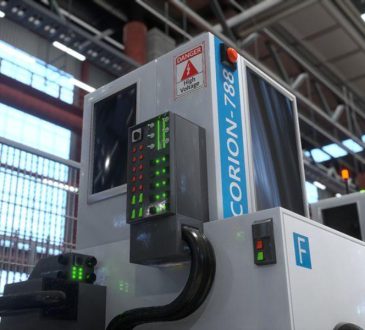
Behavioral health treatment capacity across the United States remains insufficient for population needs, with psychiatric bed availability per capita declining over recent decades. Yet one provider operates more than 260 facilities in 40 states and Puerto Rico, serving approximately 75,000 patients daily. Acadia Healthcare’s origins trace to a 2005 decision to create a de novo platform rather than acquire existing assets.
The founding structure involved Waud Capital Partners providing growth capital and oversight to build facilities from scratch and through selective acquisitions. Reeve Waud, the firm’s managing partner, served as chairman during the critical formation and expansion years, maintaining that role through Acadia’s 2011 initial public offering and continuing through present day.
Platform Creation vs. Acquisition Approach
Most private equity healthcare investments begin with purchasing existing operations. The Acadia approach differed significantly. Rather than acquiring a regional behavioral health system and executing a roll-up plan, Waud Capital Partners partnered with management to construct infrastructure supporting long-term industry consolidation.
This structure required patience and substantial capital deployment before generating meaningful returns. Early years focused on facility development, licensing, recruitment of clinical staff, and payor contracting—foundational work preceding revenue generation. The thesis assumed fragmentation in behavioral health created opportunity for a scaled, professionally managed operator.
Psychiatric and addiction treatment services face unique operational challenges compared to acute care medicine: specialized licensing requirements, complex reimbursement structures mixing Medicaid, commercial insurance and Medicare, and workforce shortages of qualified clinicians. Building systems to address these factors demanded upfront investment.
Growth Trajectory and Public Markets
Six years after founding, Acadia Healthcare completed its IPO in 2011. The public offering provided permanent capital structure supporting continued expansion while creating liquidity for early investors. Waud Capital Partners transitioned from controlling shareholder to minority position, though Reeve Waud retained board chairmanship.
The company’s scale reached more than 240 facilities by 2022, operating over 10,000 beds nationally. This footprint includes acute inpatient psychiatric hospitals, residential treatment centers for adolescents, specialty programs for eating disorders, and comprehensive treatment centers for substance use disorders.
Revenue for 2024’s first nine months totaled approximately $3.1 billion, derived from a payer mix of 57% Medicaid, 26% commercial insurance, 14% Medicare, and 3% self-pay and other sources. The financial scale demonstrates how specialty healthcare services can achieve substantial enterprise value through systematic consolidation and operational improvement.
Continued Board Leadership
Reeve Waud’s ongoing chairmanship of Acadia Healthcare, more than two decades after founding, signals unusual continuity in private equity. Most sponsors exit investments within five to seven years, severing governance relationships. The sustained board role suggests both strong founder-company alignment and recognition of value from continued oversight.
Public company disclosures indicate Reeve Waud held approximately 587,000 shares of Acadia stock as of early 2025, valued at roughly $13 million at prevailing market prices. This ongoing equity position supplements governance influence, maintaining personal financial alignment with shareholder outcomes.
The Acadia Healthcare case established Waud Capital Partners’ capability in building healthcare service platforms from inception. Subsequent investments including GI Alliance and other provider networks have employed similar approaches: patient capital, experienced executive partners, and systematic consolidation of fragmented markets.




